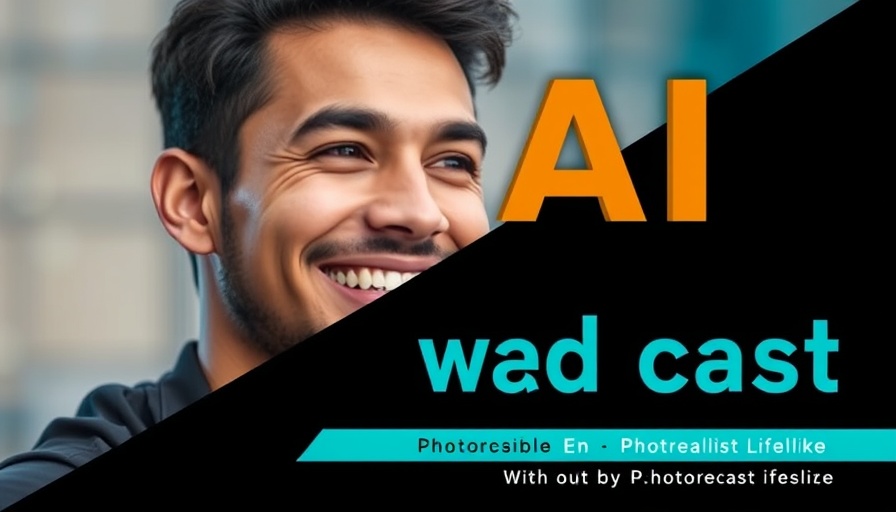
The Legal Battle: Disney vs. Midjourney
The showdown between Disney and Midjourney has the potential to redefine the landscape of copyright in the realm of artificial intelligence. Disney and NBC Universal have launched a federal lawsuit against the AI image generator Midjourney, accusing it of rampant copyright infringement. The allegations highlight deeply intertwined concerns about the expanding capabilities of AI and the safeguarding of intellectual property.
In EP 548: Disney vs. Midjourney - Will Hollywood kill AI?, the discussion dives into a pivotal copyright lawsuit that raises important questions about the future of AI in creative industries.
Understanding the Lawsuit's Claims
Disney's lawsuit paints a stark picture, calling Midjourney a "bottomless pit of plagiarism." The studios allege that Midjourney's platform can produce images that closely resemble copyrighted characters, such as Darth Vader and the Minions, even from vague prompts provided by users. Moreover, claims have been made that Midjourney's CEO openly admitted to scraping copyrighted content from across the web without seeking permission from original creators. These serious allegations could result in a tidal wave of legal scrutiny not just for Midjourney, but for the entire AI creative industry.
The Stakes for AI Users
As the lawsuit unfolds, what does it mean for the users of Midjourney? Users may find themselves in a precarious position, particularly due to terms of service changes that shift liability away from Midjourney onto them. This aspect of the legal debate raises questions: if users generate copyrighted content by accident, will they be held accountable? It places the responsibility on individuals who use the tool, creating a potential battleground of claims and counterclaims in the coming months.
Broader Implications for AI Innovations
This lawsuit represents more than a corporate dispute; it is reflective of broader tensions in the technology landscape. The debate touches on significant themes of creativity, ownership, and the evolution of copyright law in an era dominated by AI. If studios win the case, it could lead to a domino effect, prompting other companies to seek legal action against small AI startups. Such a shift could hinder innovation in the AI sector, as developers might face uncertain legal risks when engineering platforms that utilize vast datasets.
Future Predictions: Will Hollywood Control AI?
As this case progresses, the outcome will likely set a precedent for how copyright laws intersect with the rapidly advancing world of AI. If Disney prevails, we may witness a significant tightening of controls over AI-generated content, effectively muting the creativity that many users sought to unleash in the first place. Such legal outcomes could force creativity into a restrictive box, limiting the transformative nature and potential of generative AI.
Final Thoughts: Navigating the Future of AI
The Disney vs. Midjourney case exemplifies the collisions between creativity, technology, and the law. It's a wake-up call for businesses, students, and entrepreneurs who leverage AI tools in their work. As technology evolves, remaining informed and aware of potential risks is vital to harnessing its benefits effectively. As we observe the developments unfold, it’s a good time to consider how these changes might influence your own interactions with AI tools and the tools you trust.
Please take a moment to explore how this case might affect your own business or creative endeavors. Staying abreast of AI developments is crucial, and understanding the evolving landscape will help you navigate future challenges and opportunities.
 Add Row
Add Row  Add
Add 




 Add Row
Add Row  Add
Add 

Write A Comment